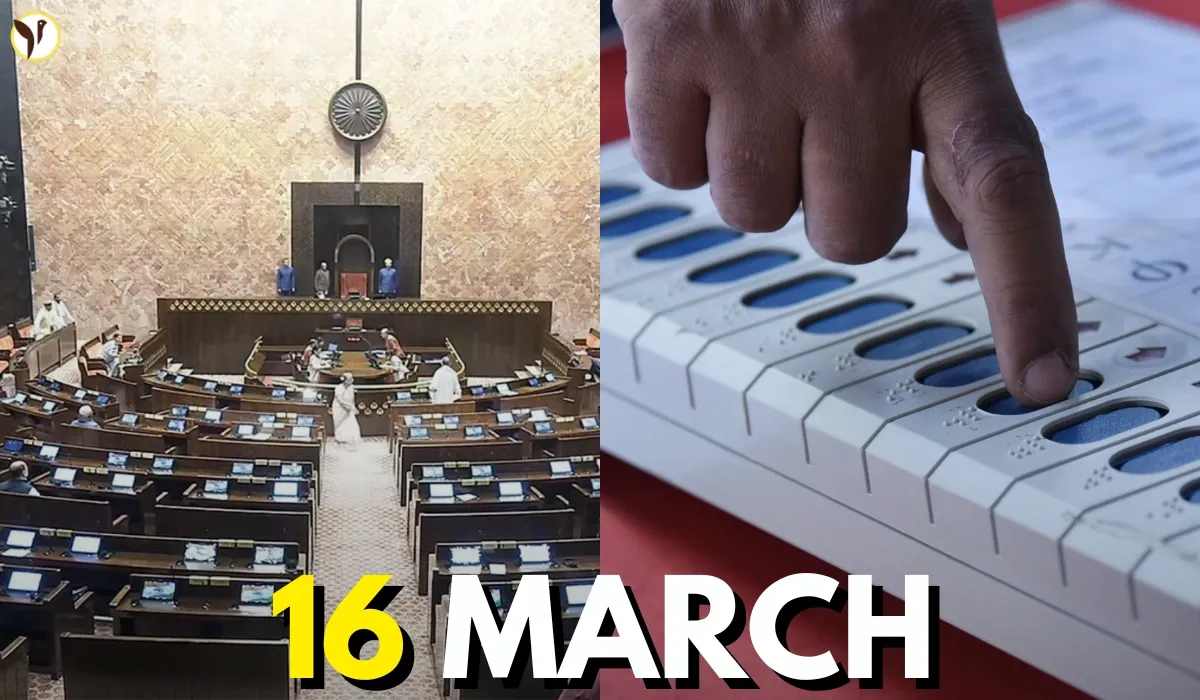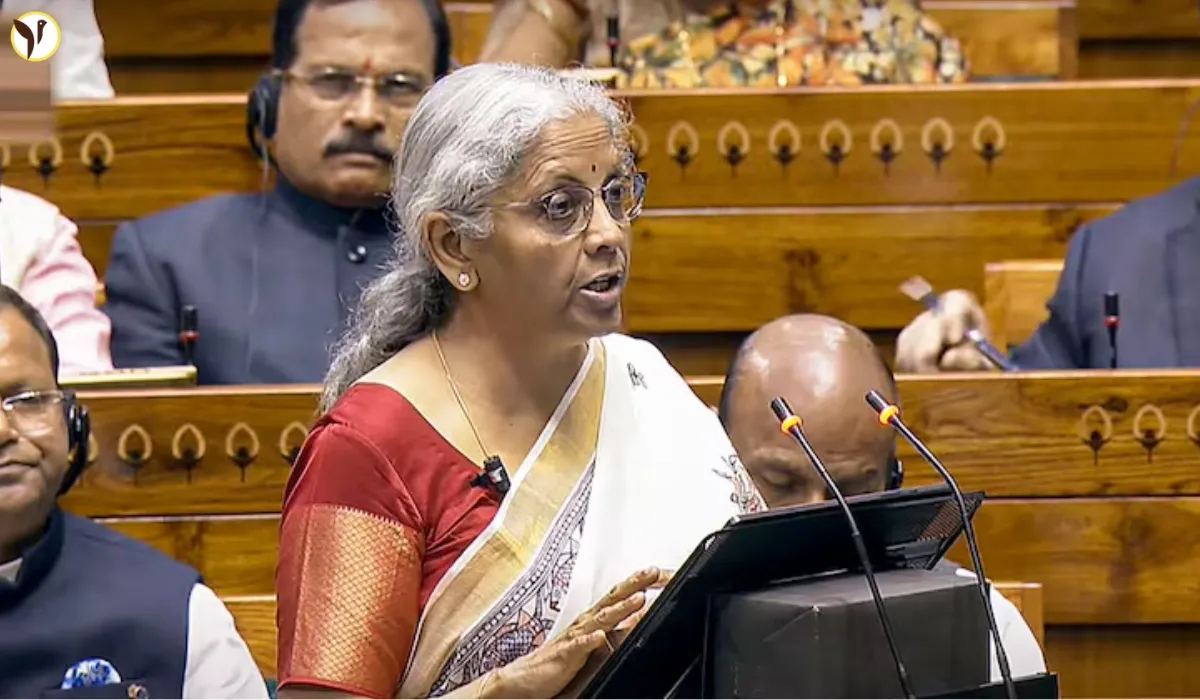She didn't come with fluff—she talked about “Britain’s renewal” and then dropped serious numbers on the table. I feel like it took guts to say she’s planning to spend £39 billion by 2029–30 on things that matter: affordable homes, health, green energy, defence, and even AI. She said they want to build 1.5 million affordable homes—that’s massive, and if it happens, it could help a lot of families. Plus, £2 billion for AI—something you don’t hear about every day—is her bet on future jobs and tech.
But she didn’t paint a fantasy. Reeves was clear people “haven’t felt” these changes yet, and it might not happen overnight. It’s a long game, she said. And that felt real. It wasn’t “trust me, it’ll be perfect”—it was “we’ve got a plan, but it takes time.” And I feel like that was smart—people know when government spin is happening, and this felt more grounded, even if ambitious. It’s a big gamble to balance massive spending with a promise not to recklessly borrow. She’s walking a tightrope: wanting big impact, but saying “we’ll pay for it.”
It’s a real test: is the British public ready to back bold rebuilding without austerity nostalgia, but also without fear of debt panic? Reeves seemed to say yes—you can have both, but you have to be careful. And honestly, hearing someone say that, without fluff, felt a bit refreshing.
Real Costs & Real Questions: Where Will the Cuts Come From?
Okay, so here’s the flip side. You can’t dump £39 billion into stuff without pulling from somewhere else. Analysts are already flagging that to balance the books, around £5 billion in savings may be needed by 2028–29. That’s not small change. People are saying local councils might feel it—empty services, delayed projects—stuff that hits your community directly. And there’s talk of freezing some welfare benefits. Not heavy cuts, maybe—but it’s still cutting.
Reeves didn’t shy away from that. She said stuff won’t be felt yet and that they’re not going to stop paying for basics—but she also admitted hard choices lie ahead. And that honesty matters. It’s easy to talk of grand plans, but she’s admitting someone’s got to pay. Whether it’s tighter council budgets or slowed benefits, it’ll impact families. And people will notice, probably middle‑income voters too.
It also brings us to politics. She positioned this budget as neither austerity nor borrowing sprees. Instead, “responsible renewal.” But it depends on assumptions—growth staying strong, inflation staying in check. If things go sideways—slower growth, unexpected shocks—those funding promises could unravel. And then she’d face fallout: either having to cut more or raise taxes.
So for me—or anyone watching—it’s a real moment. Reeves is asking for trust: trust that you can rebuild the country responsibly, without punishing austerity or wild debt. But trust’s fragile. If councils lose money or services dip, or if unexpected tax pressure hits, that trust could crack quickly. She’s put a lot on the table, but now the pressure’s on her and Labour to deliver—and it won’t be easy.
Chancellor Rachel Reeves will promise to "renew Britain" with a £113 billion pledge in extra infrastructure funding for towns and cities outside of London and the South East, with a £39 billion investment in affordable homes.@louisajamesitv reports. pic.twitter.com/7f6CTWzfO1
— Good Morning Britain (@GMB) June 11, 2025









